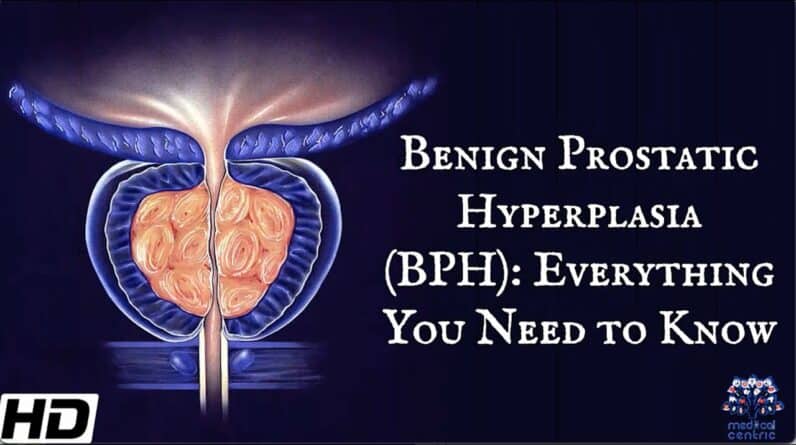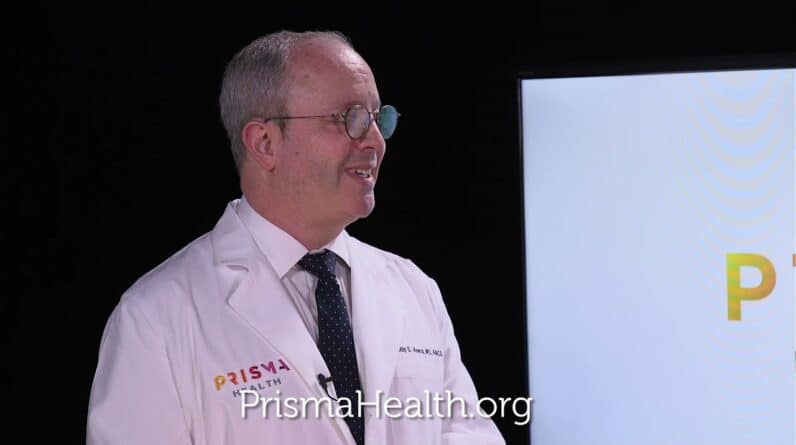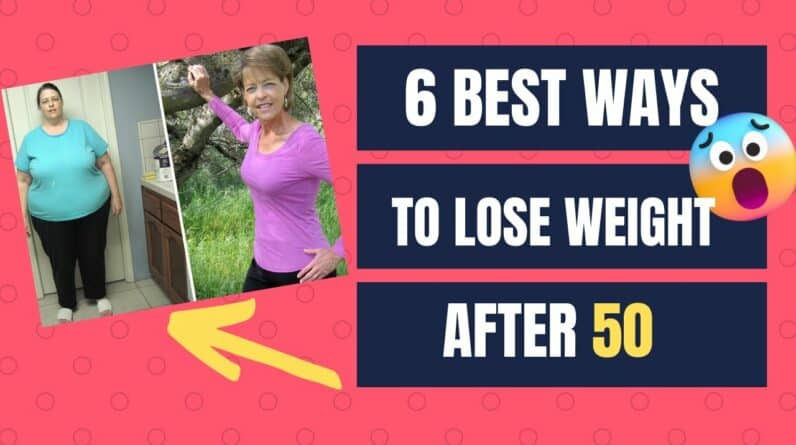
Dementia Discovery That is Leaving Doctors Speechless (Try This Tonight)
Better than Morphine For Joint Pain… Yet Safer Than Aspirin?
Retire With Freedom. Start Earning Extra Cash Today.
Pregnancy After The Age Of 50 – What You Should Know
The decision to be pregnant at age 50 or older is a different one than in younger years. Women over 50 have more medical concerns, and their baby’s health also deserves attention. Besides the difficulties of pregnancy for this age group, there are other considerations when considering pregnancy late in life. This article looks at some of the issues that need to be considered before deciding if it is the right choice for you.
For women who want children later in life, they should not only consider themselves when making this decision but their family history as well. There may be family history-related illnesses that could make it harder to get pregnant or lead to adverse effects on the child during gestation and childbirth.
The biggest concerns are having a decent quality of life and preventing maternal mortality. If you are thinking of having a child later in life, it is important to follow a healthy lifestyle. Remember that as you age, you will not have the same energy and stamina as when you were younger. Only about one-third of women over 50 who become pregnant do so naturally (without IVF).
It’s important to understand the medical risks associated with pregnancy after the age of 50. For example, maternal mortality is a leading cause of death in women and could be significantly greater for older mothers. Even with proper care and medical attention, older women are more likely to develop gestational diabetes, hypertension, and preeclampsia.
Older women also have an increased risk of chromosomal abnormalities in the baby. If you are age 50 or older at the time of delivery, your chance of having a child with Down syndrome is greater than 1 percent.
For women who are age 55 or older, their chance of having a child with Trisomy 18 or Trisomy 13 is 1 in 150. Some research has shown that women over 50 tend to have smaller babies than younger mothers but they still make the same demand for nutrients and oxygen as younger babies do.
For women who choose to have children later in life, it’s important that they are prepared for pregnancy, birth, and parenting. Any woman who is considering pregnancy later in life should not only be healthy but mentally ready for what lies ahead.

Pregnancy and childbirth are physically and emotionally challenging, especially past the age of 50. Women over 50 may be more likely to experience miscarriage and stillbirth. Also, there is a financial factor that needs to be considered when having children after this age.
Many women turn to fertility treatments to help get pregnant at this age so medical bills can add up quickly. Women over 50 who become pregnant are also more likely to suffer from a range of health problems. Women are no less fertile than they were in their younger years, the risk with pregnancy is more likely to be due to medical problems.
It is important for women to understand that they do not have to give up becoming a mother at the age of 50 or older. As you age, your lifestyle and health will play a bigger role in your decision so it’s important that you are healthy and ready for what lies ahead. Pregnancy after the age of 50 can change a woman’s life in many ways so it is important to consider all aspects before making such a major decision.
Pregnancy After The Age Of 50 – Here are a few things women over 50 should watch out for if they get pregnant.
1. High blood sugar and gestational diabetes. Women over 50 are twice as likely to develop gestational diabetes than younger women. While the risk is greatly reduced with proper diet, exercise, and weight maintenance, it can still increase the risk of complications during pregnancy, birth, and postpartum for mothers who have it.
2. High blood pressure. Women over age 50 are more likely to have high blood pressure during pregnancy or postpartum compared to younger mothers even if they remain within a healthy weight range. There are a variety of measures you can take to minimize this risk including good nutrition, medication management, and exercises that focus on balance and coordination in your daily life after the baby is born.
3. Postpartum depression. Depression is more common in older mothers than younger ones, though it still affects about one-third of new mothers in general. Be prepared for the emotional ups and downs of becoming a parent and good nutrition, rest, and the ability to exercise can be helpful to minimize this risk.
4. Weaker bones. You may need supplemental calcium or vitamin D if your diet is not providing enough nutrients during pregnancy because the need for pregnancy increase your intake of these essential nutrients. After the baby is born, you may need an increase in these minerals if you are nursing as well as aiding in wound healing with an increase in progesterone during lactation due to breastmilk production.
5. Heart disease. Your risk of developing heart disease may be increased if you are overweight or obese during pregnancy, which can result in additional strain for your circulatory system and increase the workload for your heart and lungs. Maintaining a healthy weight before pregnancy helps reduce this risk as does low-impact exercise that focuses on balance and coordination after the baby is born.
6. Toxemia. Pregnant women over 50 are more likely to have this condition than younger ones due to declining hormone levels and vascular problems from uncontrolled blood pressure or diabetes. Type 2 diabetes or gestational diabetes can also be a factor in developing toxemia so maintaining healthy glucose levels during pregnancy is important to prevent it from occurring after the baby is born as well.
7. Anemia. Anemia is caused by a deficiency of red blood cells that can lead to fatigue and shortness of breath. Iron is an essential mineral that your body produces to make red blood cells so your iron intake may need to be increased if you are anemic prior to pregnancy or during pregnancy due to the increased demand for red blood cells.
8. Cesarean section, C-section, and more babies born too soon or too small for gestational age. There are a number of potential reasons why your birth may not go as expected but you may be more susceptible to this risk if you are over age 35. It’s important to speak with your doctor about it so that you can make appropriate plans for the baby and yourself.
Disclaimer: The information in this article is intended for educational and entertainment purposes only and should not be used instead of or contrary to that of a medical professional. Before taking supplements, starting a new diet, or embarking on a new exercise regime please consult a medical or nutritional professional. The owners of “Getting Healthy After 50” are not medical professionals and are simply redistributing information that is freely available on the internet.






